BP35
My name is Leah. I live in a house with a man I don’t love but I can’t divorce because ever since I was a child, I dreamed every day of having a perfect family when I grew up. I’m blessed with three kids I adore and stuck with a terrible marriage.
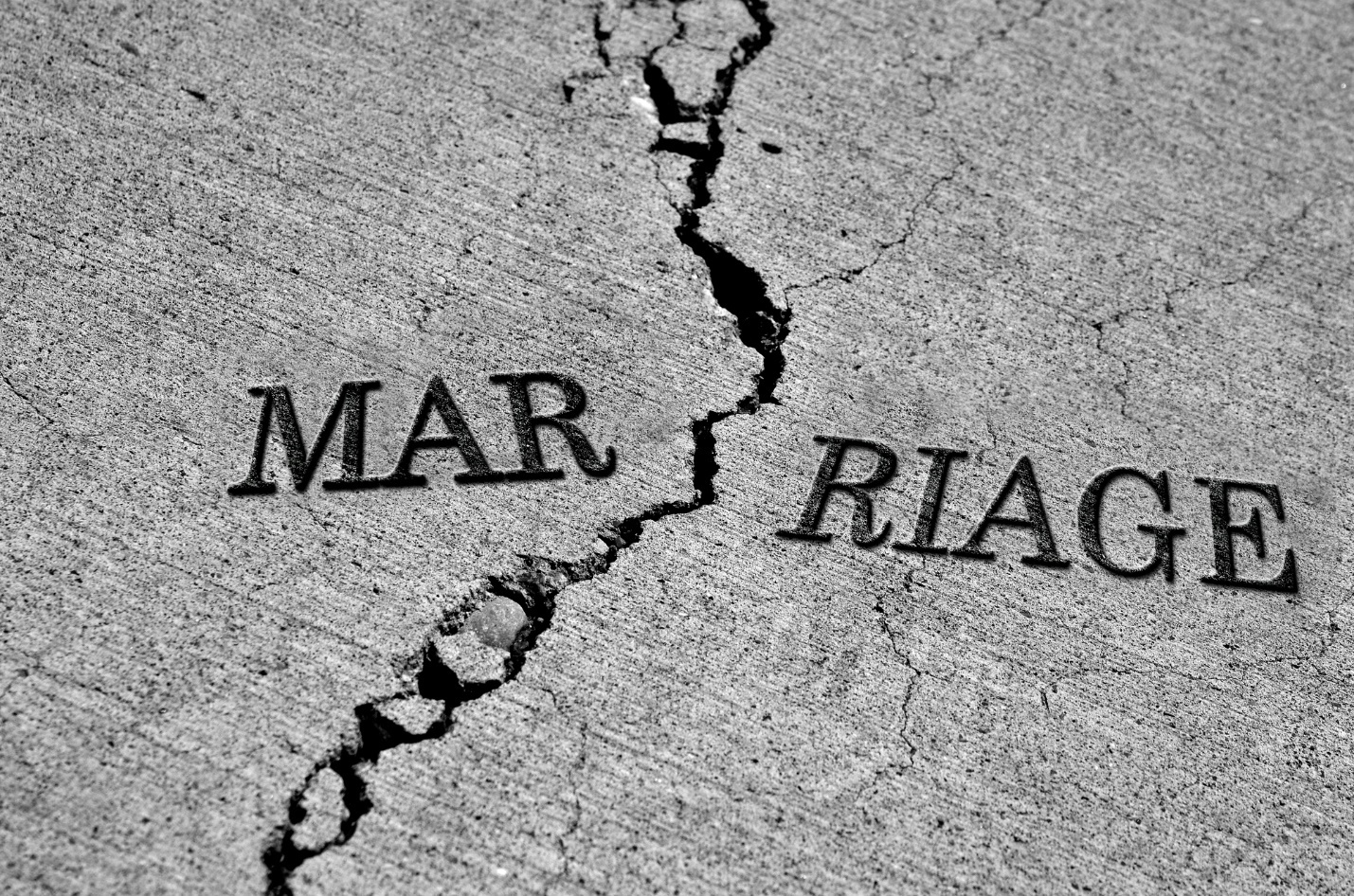
A perfect family can’t have divorce in it, so I have to stay with my husband. The fantasy of an intact family is too important to me. I’ve dreamt about it and planned for it since I was five-years-old.
Besides, my husband does provide a good income for our family of five. So, I guess I need him for what he provides for me. But I know he doesn’t love me and therefore I don’t love him. In fact, I despise him. I can fake it, but there’s a growing fracture in our marriage that seems irreparable. Ten years of water has gone over the dam.
How did this nightmare start? My therapist kept pointing to my past. I wish she would have stopped going back there because when she did ask me to look at my childhood, I felt like she was blaming me for my bad marriage and letting my husband off the hook. I’ve always known that I was the healthy one and he was the unhealthy one.
What exactly did happen when I was a child?
When I was five, my father left my mother for another woman. It was so abrupt. I didn’t see it coming. It was the worst day of my life!
Ever since that day, I have hated surprises. Even good ones. Surprises make me nervous—even scared. Never surprise me if you want to be my friend. I mean never.
It would have been far easier if my dad had just died because then I only would have had to deal with grief. The pain of loss would have eventually healed. But when he walked away and stayed alive, he kept rejecting me every day. Wow, dad, thanks for presenting me with the gift that just keeps giving–slapped in the face a hundred thousand times . . . and counting.
Oh, I’m counting alright, even if I don’t try to. It’s a compulsive habit I don’t consciously do, but it has a mind of its own. I figure it’s okay to never forget what happened—that way I might see the bad things coming next time and avoid those dreaded surprises.
Where do I begin to express everything I felt when dad left and how it changed my world?
He didn’t just leave my mother. He left me and my younger brother, too. He chose that other woman over all three of us. I guess we weren’t good enough for him. I blamed myself for a while, thinking that if I had obeyed better or been a more interesting daughter, he would have stayed. (Maybe I still believe that somewhere deep inside of me.)
After he left us, I decided to be a perfect person because then no one would ever leave me again. I don’t remember making that decision consciously, so it must have been in my subconscious.
I said that it would have been easier if my dad had died. It also would have been easier if he and his new wife would have moved two thousand miles away. Unfortunately, they lived only fifteen minutes away from us—in a nicer neighborhood. So, I had to go see them every other weekend.
I hated those visits. They were salt—no, vinegar—in an open wound.

At first, whenever I visited dad and Kat, I cried. (Yes, Kat was the name of the younger woman who captured my weak, wealthy father. What a name—Kat. Sounds like a creature you’d find in some alley.)
Kat especially did not like it when I cried during my visits. I think it made her feel guilty, like she was the one who was making me sad. She was, and I always wanted her to know it. She had killed my family and ruined everything.
I wanted her to feel bad about it–very bad. I hoped that maybe then she would have so much guilt that she would leave my dad and then he would come back to us. A kid can have reunion fantasies, right?
But she never did feel enough guilt, I guess. She just kept telling me to stop crying and to be positive, to be thankful that I had two families. She wanted me to hang around their house and agree with her that what she and dad had done was a normal thing! Yeah, right. I could never condone the homicide of a family!
I eventually stopped crying because it was pounded into me that my emotions were selfish. At the end, my tears had turned from sad tears to angry tears.
When I did finally stop crying on the outside, I grew angrier on the inside. It’s amazing how emotions that get swallowed doesn’t disappear. I discovered that they just kept getting bigger–like five pounds of fermenting yeast in my stomach.
I hated Kat. I wanted her to die. I hated my daddy at first, too, but since he was my daddy, it was easier for me to see Kat as the all-bad one. I saw her as the young siren with the sparkly personality who had lured my weak daddy into her web.
In the end, I think I totally absolved my daddy of guilt. Kat was the seductress, and he was the poor victim. She was evil, and he was good—but pathetic.
Besides, I did see some sadness in his eyes. I know he felt bad, I think.
When I was at their house, I rehearsed my anger inside my head. I practiced my negative thoughts about Kat so frequently that, had they been lines in a play, I would never have forgotten them–even if the performance happened twenty years in the future. I could have spoken them in my sleep. I often did.
The little girl that I was when all this happened simply could not accept the conniving thief who had stolen my daddy from me. Was I expected to love her or like her? Are you kidding me?
I felt like the little boy in the book about the king and his invisible clothing, except that I had to keep my mouth shut. Was I the only one who saw how evil it was to leave your family out of the blue?
What made matters even worse was that Kat had two kids of her own. Ugh! Are you serious? When did she get pregnant for the first time? When she was sixteen? Those two kids took my father away from me, too. They got to live in the same house with him while I had to take care of my depressed mother.
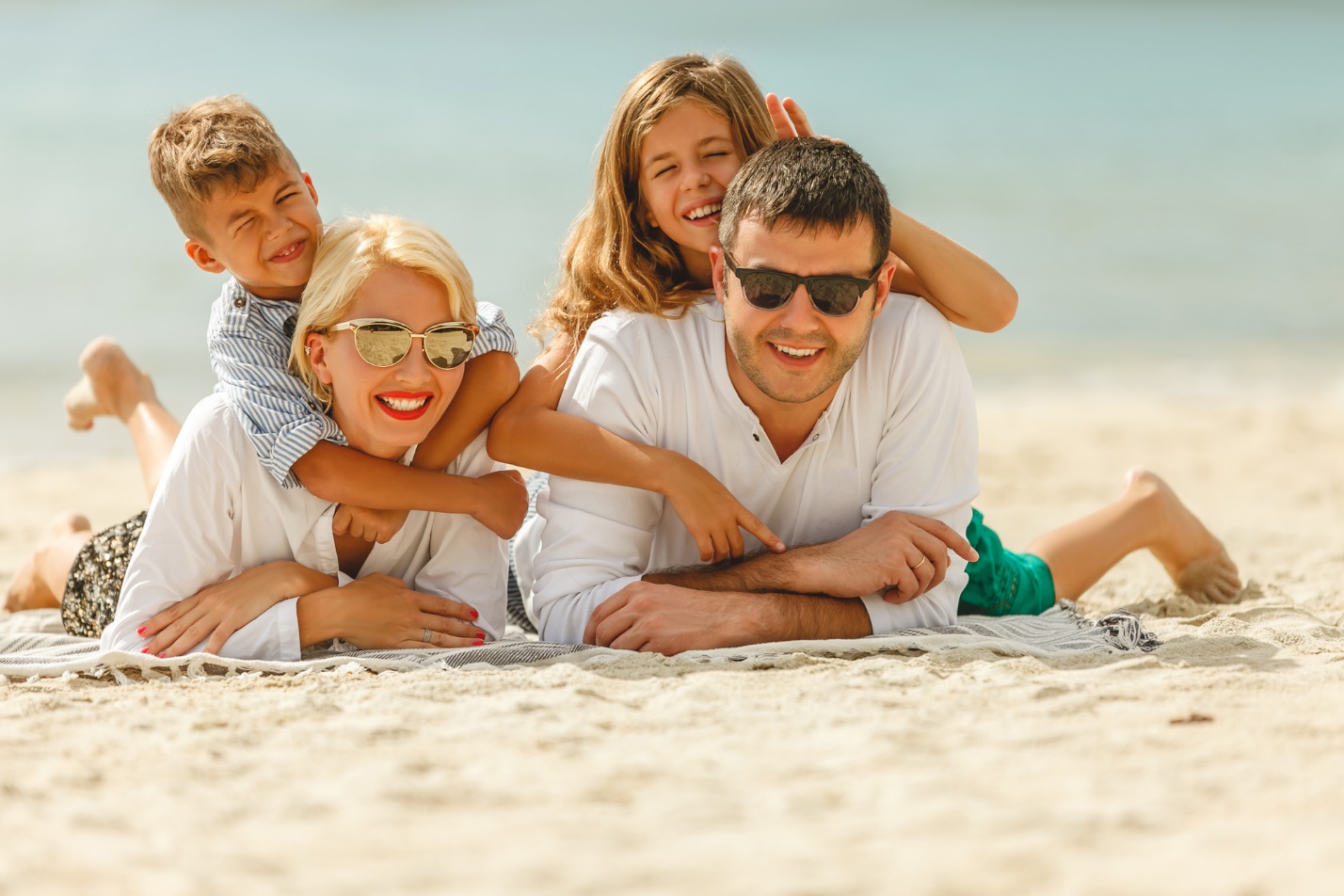
Those two kids stole his time, his attention and even his money away from me. The little thieves! They got to go on vacations with him, and hear bedtime stories from him, and later receive cars and college tuition from him. They robbed me of what I should have had!
How I hated them on the inside even though I didn’t show it! How I hated Kat, the perpetrator of it all!
What made it worse was that I had to go and play with my fake siblings as if I enjoyed being around them. Just looking at them reminded me that they were getting my daddy and I wasn’t. How unfair was that? Totally unfair! I came to despise all unfairness in my life.
On the outside, I had to be nice and look nice. If my mom was not going to get angry about the murder of our family but simply accept it and slip into a chronic depression, then I couldn’t be outwardly angry, either. Besides, Kat (and dad) had told me to stop crying and get over it already. To have any negative emotions was to be selfish. Kat had taught me that when I was five.
As I mentioned earlier, I became the perfect child by the time I was six. I believed that I had to be as good as possible if I was going to have any hope that someone would choose me someday—unlike my daddy had done. But I didn’t just have to be perfect.
I also had to grow up fast because my mother was too depressed to be the parent.
In that vacuum of parental presence—with my dad gone and my mom weak–I had to step into the role of being the parent. So, I became super responsible—the perfect student at school and the good girl at home who even helped plan the family budget and the weekly grocery list.

As I grew older, I couldn’t understand why my peers were so young and foolish, wasting their time on dolls and other types of play. I felt like they were irresponsible. So, I looked down on them. Sometimes I may have felt fleeting envy when I saw their freedom, and I know I also felt anger that I had to be the strong and responsible one always. I hated group projects in school because I felt like everyone else was a slacker and I had to do all the work.
At least all the teachers and other adults thought I was a nice girl. They always told me I was seven going on twenty-seven!
I don’t want to lie to you–I also thought most adults were irresponsible as well. They spent money they shouldn’t have, they were basically selfish, and they controlled their children with punishments and bribes. I, on the other hand, was perfect with money and never needed to be disciplined because I was always obedient. (My therapist told me I became the parent in my house, so I didn’t receive parenting because the family roles had been reversed. I was the mother, and my mother was the child.)
I also didn’t trust adults. They made poor choices, destroyed families, abandoned their children, were depressed and weak, and don’t know as much as I did.
Another insult to my trust in adults occurred in middle school when my youth pastor told me I needed to forgive my father. Forgive him after what he had done to me? How unfair was that! My father was the one in the wrong. He was the one who had left me and exchanged me for another family. He was the guilty party. Why should I have to forgive him? I was the victim. People should feel sorry for me, not for him!
No, my father needed to make it up to me somehow, not vice versa. How could my pastor dare to ask me to right this terrible wrong? I was deeply offended. On the outside, I nodded my head. On the inside, I crossed my arms and resolutely shook my head. No way!
I wrote him off along with Kat and most other adults.
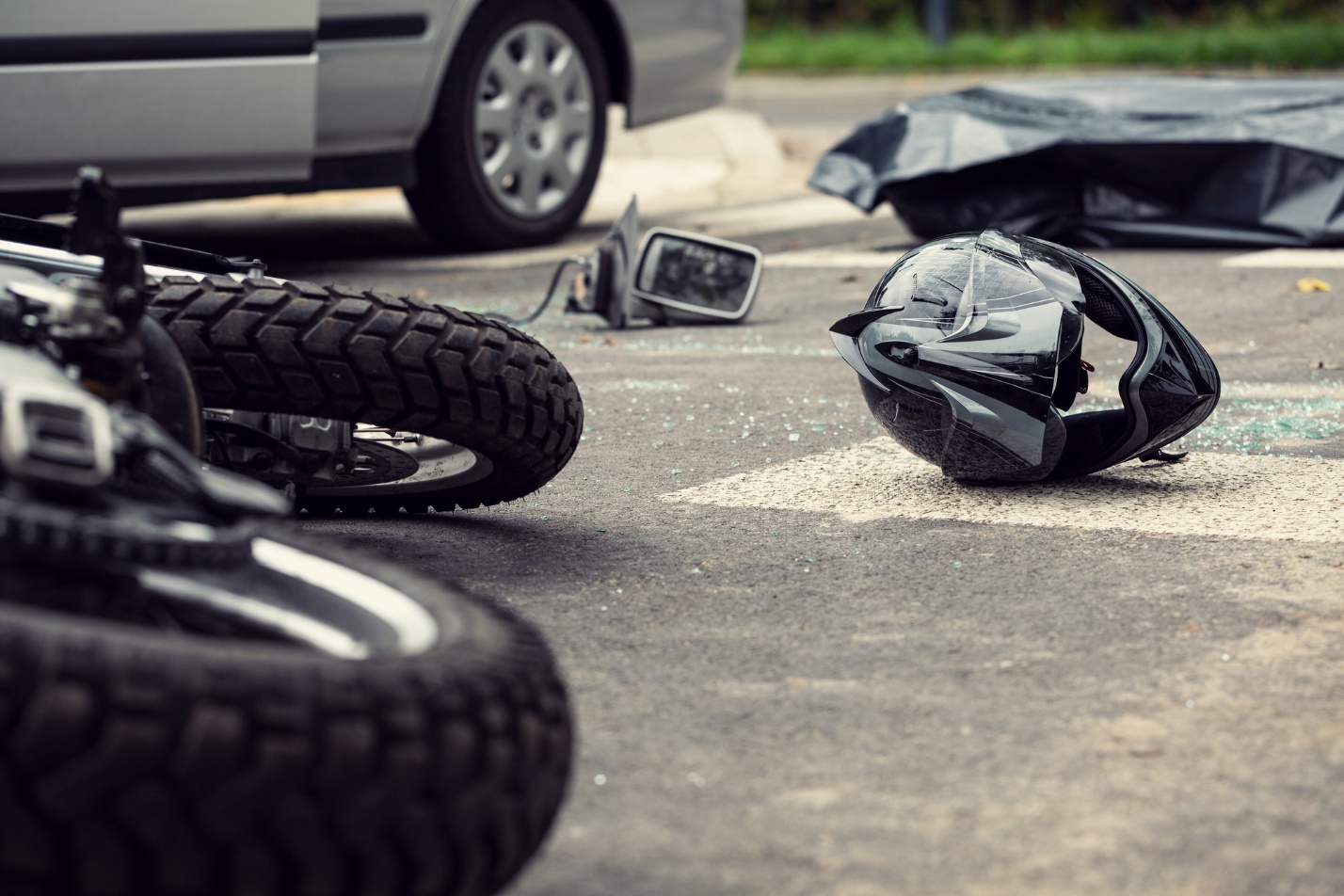
Two months before I graduated from high school, my sixteen-year-old brother was killed in a motorcycle accident.
I ate breakfast with him at the kitchen island in the morning. The next time I saw him was in the morgue. It was one of those shocking, surreal surprises I hate. It was the second terrible shock that rocked my world.
It was a nightmarish day for many reasons. One of them was that it was the day I stopped trusting God.
I had already decided I couldn’t trust humans—even parents. Now I couldn’t trust God, either. I still believed He existed and had died for me, but I couldn’t trust Him to take care of me and those I loved. He was too weak to stop bad things from happening.
The third terrible surprise—strike three in my life—was when I married the man of my dreams but then later found out that he didn’t love me. He became depressed—like my mother—and pulled away from me. He became irritable and mean. He selfishly invested in his own world of work. He also began spending lots of time fishing and hunting with his friends, leaving me and the three kids at home.
It just wasn’t fair to me!
I felt abandoned. Yet another person had disappointed me. I was so angry with him that I began to shake whenever I saw him and felt hatred whenever I heard his voice. I had to shut him out and take care of myself.
Alone again, naturally.
My husband started seeing a counselor to deal with his depression issues. I also began therapy not because I needed to, but because I felt obligated to support my husband in his last-ditch effort to figure out why he didn’t love me. I didn’t think he would change, but nothing else was working. Maybe a miracle would fix him.
I met with my therapist for several years. I felt like she heard me for the most part. I felt very close to her when she empathized with my pain around the divorce, my brother’s death, and my disappointing husband. She understood me like nobody else. She identified that I had experienced trauma and couldn’t deal with any more loss.
Finally, someone saw inside my heart and was with me in my lonely hiding place. I felt like she was one with me—the person I had been waiting for all these years!

Then she began to challenge me. She told me I had major issues with trust, fairness, control, and splitting (whatever that was) and that if I didn’t face them, I would ruin every relationship in my life.
Suddenly, I didn’t trust her as much. How could she focus on my problems when it was my husband who was ruining our family?
At the two year point in our journey, she laid out her grand interpretation of my life:
- The divorce came at the worst possible moment for me and led me to feel abandoned, alone, unloved, and powerless. (True)
- When I had to suppress my emotions because Kat couldn’t handle them, they continued to grow inside of me—especially as I rehearsed them every day. (Also, true)
- My powerlessness in the face of the death of my family and the subsequent unfairness I saw with Kat and my stepsiblings morphed into rage within me. This rage was so strong that I developed the emotional power to burn bridges with those who disappointed me. (Maybe, but I was not wrong to cut off those who hurt me)
- As I lost trust in my parents (I never trusted Kat, even to this day), trust in the other adults in my life, and eventually trust even in God, I came to a point where I only trusted me. My therapist told me that I developed a cognitive rigidity where I believed that I was my ultimate authority. If anyone disagreed with me, I always assumed I was correct. So, I became unteachable. I was not willing to learn anything that contradicted my view of the world, my five-year-old view. (Not true. I trust those who make me feel safe and heard)
- This lack of trust in others predictably led me to control the world around me, she said. Since I hated surprises, I had to control events so I’d never be surprised again. I had to control people so they would be exactly who I needed them to be, including my pastor, my husband, and even God. The child in me could not absorb any emotional pain so I had to avoid it at all costs. One way to not feel pain was to tell my husband who he could be, what he could feel, what he could eat and drink, even what presents he could give me for my birthday. I so desperately needed to prevent emotional pain that I had to limit people’s originality. They had to be my remote-controlled androids. They had to live in the range I could tolerate. Since I hated anger, despised anything that seemed like selfishness, could not tolerate someone loving something besides me, I conditioned my husband to not do any of these behaviors. In the process, he became a depressed automaton who could not exist in my presence, so he pulled away from me and existed around other people. (Again, not true. I just need people to love me and not hurt me. Besides, my husband has always been depressed)
- Another point my therapist made—I began to weep at this point because I thought she knew me—was that I had become a goddess. In my eyes, I was the only trustworthy being in the universe. Not even God could be trusted because He allows people to die and marriages to burn. I was the only perfect person on the planet, another attribute of a divinity. In my eyes, I never made mistakes, and my beliefs were always gospel truth. If another human saw the world differently than me, they were wrong, and I was right. If there was tension between my husband and I, it was always his fault because I was the trustworthy and right person. I was the one constant in the universe. That made me a goddess. (Wrong—I’m just stronger and smarter)
- She said that when I controlled others, I was guilty of emotionally annihilating people which is tantamount to murder. In my demand that people behave and think how I need them to, I don’t allow others to be separate from me. They have to be convenient, controllable, dependent and predictable to allow them into my world. Emotions are not allowed because they are too unpredictable, too surprising. Differences of opinion are not tolerated. In short, I keep people inside the lines of my comfort. If they color outside my lines, I get so angry that people comply just to keep the peace. (Mostly wrong. I have to be in charge when I can’t trust anyone else to be in charge)
- My therapist concluded her assessment by informing me that I had strong features of a personality disorder–that my view of the world was so rigid that if anyone disagreed with me, I was right, and they were wrong. Even God was wrong if my opinion conflicted with His. She said that with my personality disorder, others around me would experience me as rigid, critical, angry, hypersensitive, demanding, incorrigible, and afraid of abandonment. In a nutshell, I was an irresistible force—unyielding and unforgiving. (Once again, no one has proven to me that I can trust them. That means that I can only trust me. If I don’t trust that I’m right, the world is a totally terrifying place that is out of control)
Of course, I didn’t agree with my therapist. I announced that I felt betrayed by her—one person I was beginning to trust–and that I might have to find another counselor who understood me like she had at the beginning. In my mind, she had changed and felt totally unsafe to me.
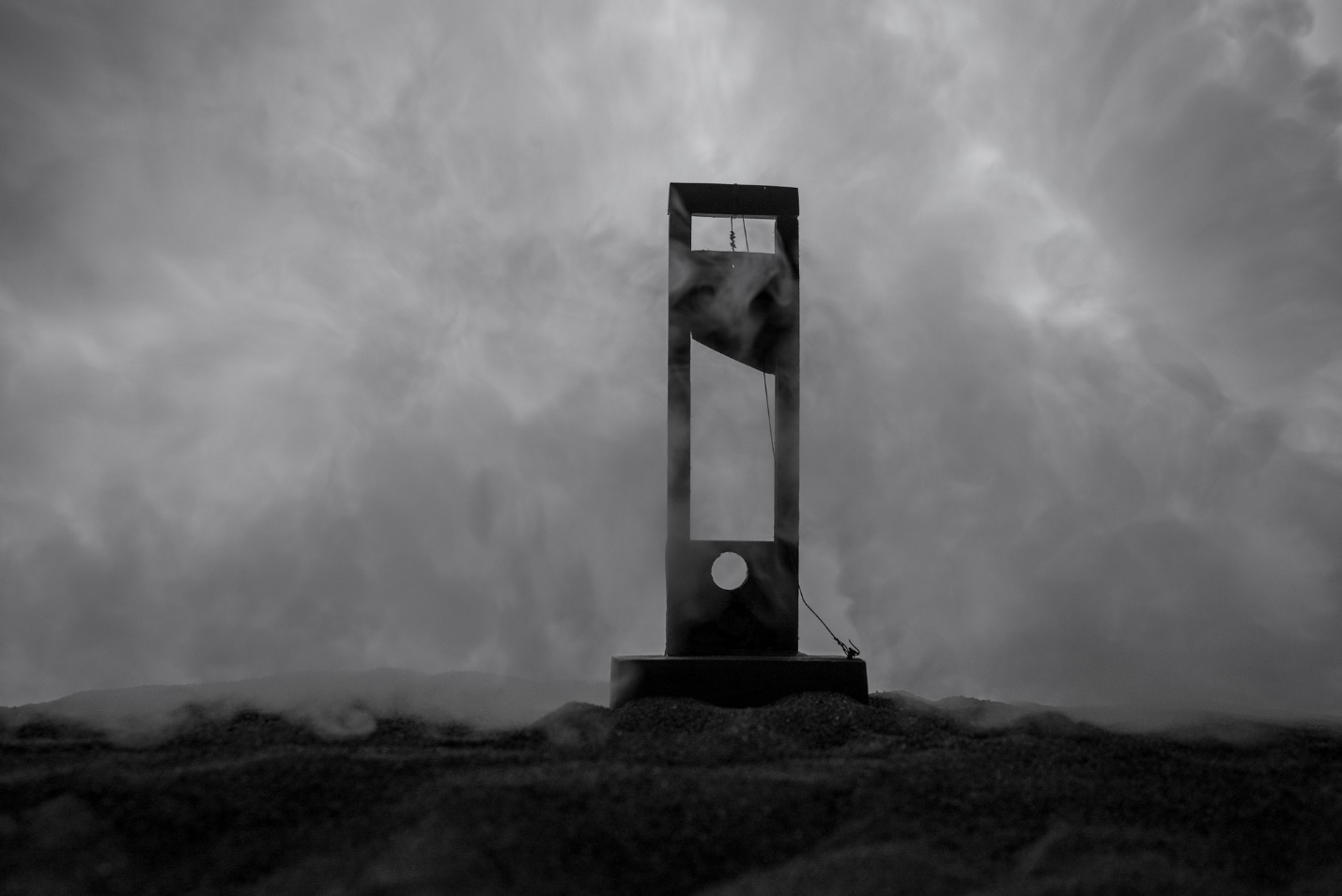
My therapist told me that my reaction was a case in point of my need to control the reactions of others and trust only myself. She said that even before she gave me her grand interpretation, she feared that I would be hurt by it and cut her off. After all, I had a track record of cutting off anyone who caused me pain since I interpreted hurt as either unloving or untrustworthy or both.
I did not return to my therapist. Isn’t it true that a trusting therapeutic alliance is the bedrock of counseling? She had violated our alliance and therefore I could not trust her ever again. I could tell she was going to leave me, so I decided to leave her first.
**
We’re all somewhere on the personality disorder spectrum. We’re all capable of viewing the world through the eyes of our child who might be a good observer but a poor interpreter. Many of us who have experienced deep, traumatic pain, and now struggle with deep distrust and control issues because of it.
Consider that personality disorders are born in an internal world of strong emotions and rigid beliefs that are rehearsed but rarely shared with others. Alone inside with our trauma—real and perceived–we easily develop beliefs that cultivate control, paranoia, withdrawal, obsessiveness, hypersensitivity, scanning the world for danger, fears of abandonment, and rigid thoughts about how things should be done.
Many of these children grow up to be gods and goddesses, trusting no one but themselves.
Like Leah, we didn’t choose the events that happened to us. But we do get to choose how we cope with the pain we experienced or are experiencing. Of course, as children, we grasped at any coping skill we could find. We did so reflexively and not typically by careful intention.
Most of these young skills do not translate well to adulthood. However, we had to do something as children to survive. So, we did.
The scary thing about these young traumas and chosen coping skills is that they often are accompanied by rigid beliefs such as, I can’t trust anyone; emotions are dangerous; hurt always means I’m being harmed; if I don’t control the world, something bad will happen; if someone loves me—even God–they should never hurt me or take me out of my comfort zone.
These young beliefs, forged in the furnaces of childhood, are not always true. Sometimes, they’re never true. If we don’t become aware of them and challenge them, they will be our personal ten commandments that we live by or isolate by.
Leah’s husband is not a perfect man by any means. In fact, he and Leah had similar wounds and coping skills at the beginning of therapy. Although he, too, initially looked outside himself to find the source of his problems, he eventually realized that all growth requires the ability to look inside so he might expose his own unhealthy, even sinful, coping skills.
Self-protection indeed can be a sin when it bars the door against intimacy and love. Being unapproachable is a terrible thing.
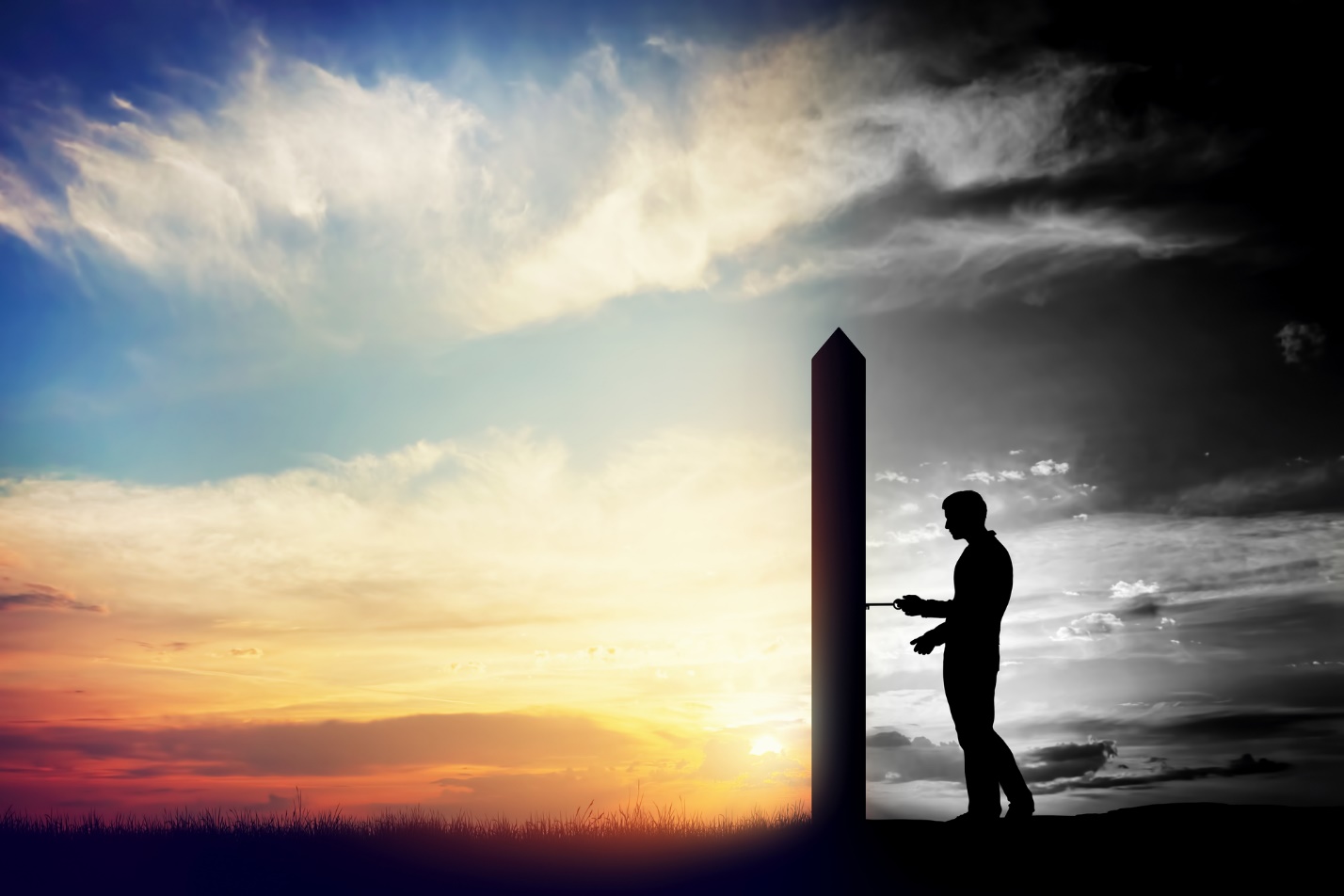
If something deeply painful happened to you and you’ve locked it inside the dungeon of your soul along with yourself, you must bring it to the light. It’s time to remove every obstacle that rises up against the presence of relationships and move toward other people and God.
Open the door, today. The lock is on the inside.
It could be the difference between control, distrust and annihilation of others as opposed to faith, trust and love. Maybe even the difference between death and life.
**
To love at all is to be vulnerable. Love anything and your heart will be wrung and possibly broken. If you want to make sure of keeping it intact you must give it to no one, not even an animal. Wrap it carefully round with hobbies and little luxuries; avoid all entanglements. Lock it up safe in the casket or coffin of your selfishness. But in that casket, safe, dark, motionless, airless, it will change. It will not be broken; it will become unbreakable, impenetrable, irredeemable. To love is to be vulnerable ~ C.S. Lewis
Trust in the Lord with all your heart, and do not lean on your own understanding. In all your ways acknowledge Him, and He will make straight your paths. Be not wise in your own eyes; fear the Lord, and turn away from evil. It will be healing to your flesh and refreshment to your bones ~ Proverbs 3:5-8
